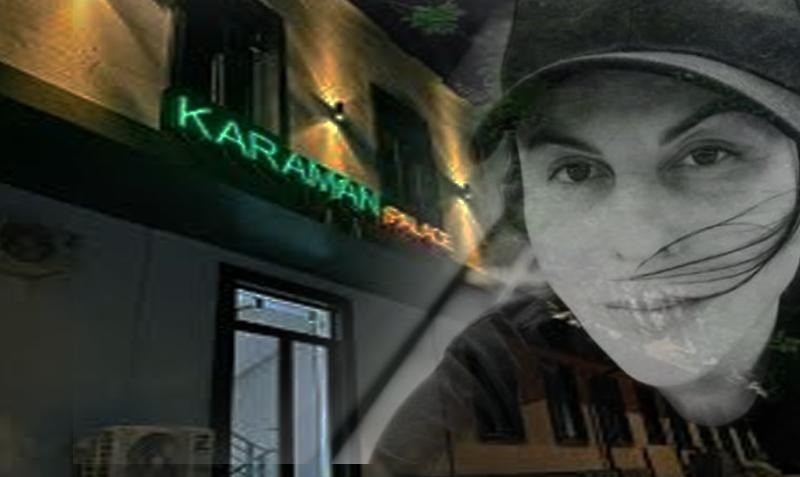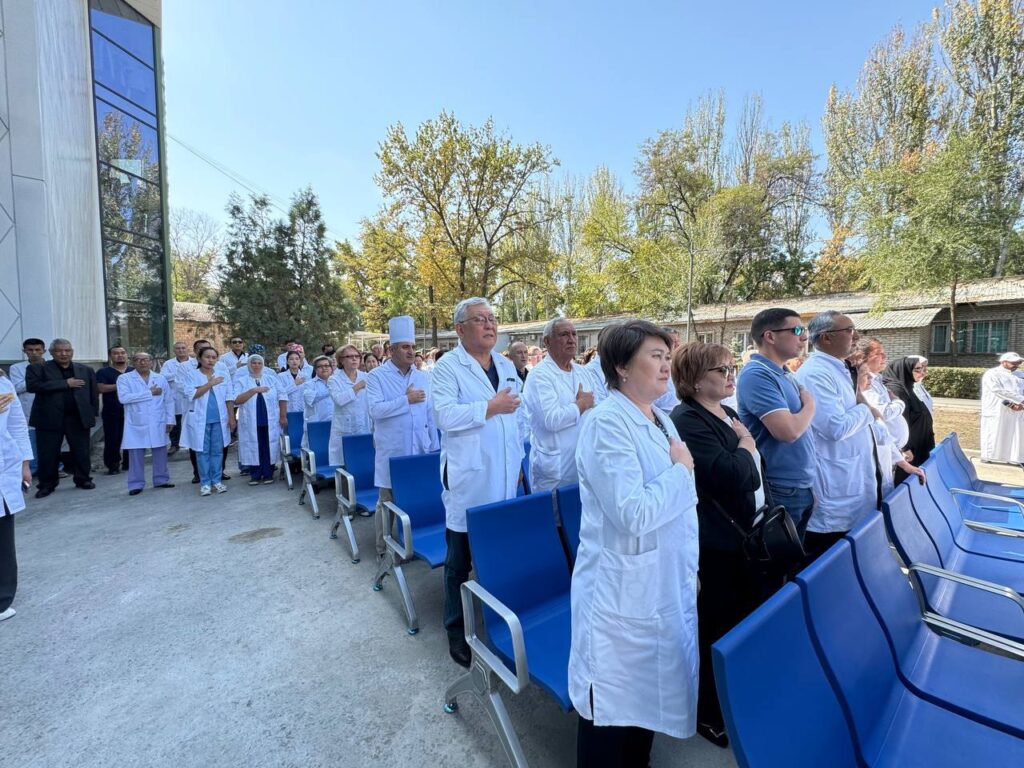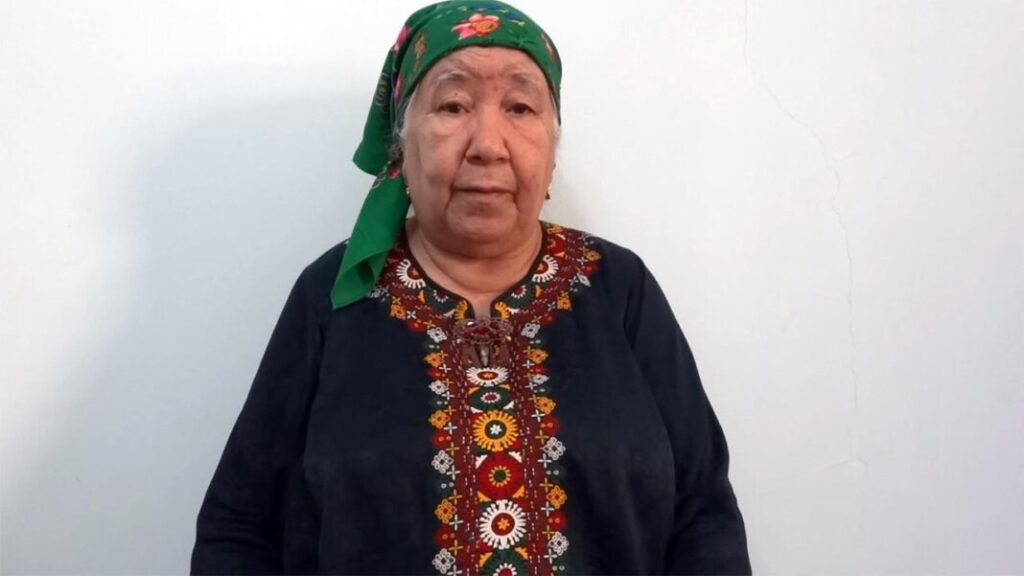Two Dead, One Injured in Hostage Situation in Kazakhstan
A hostage situation in the Kazakh city of Aktobe on January 13 has left two people dead and a young woman seriously injured. The events unfolded around 8pm when police received a report of a man breaking into a private residence and taking a young woman hostage. Emergency services promptly arrived at the scene, cordoning off the area. According to the press service of the Aktobe Region Police Department, both the department chief and the city prosecutor were present and personally led negotiations with the suspect. Authorities revealed that the suspect was previously acquainted with the hostage. However, the man made no demands during the standoff. After three hours of failed negotiations, law enforcement decided to storm the house. The operation resulted in the successful arrest of the suspect and the rescue of the hostage. Tragically, the woman’s elderly parents were discovered in the cellar during the inspection of the house. Both had sustained stab wounds. The 67-year-old mother succumbed to her injuries while en route to the hospital, and the 75-year-old stepfather died during emergency surgery. The rescued hostage also sustained serious injuries, including slash wounds to her head and hands. She remains hospitalized in critical condition and is receiving both medical and psychological care. A criminal case has been opened in connection with the incident. The suspect is currently being held in a temporary detention center as investigations continue. Authorities have not disclosed further details about the attacker’s motives, leaving the community in shock as they mourn the loss of two lives and hope for the recovery of the injured woman.






